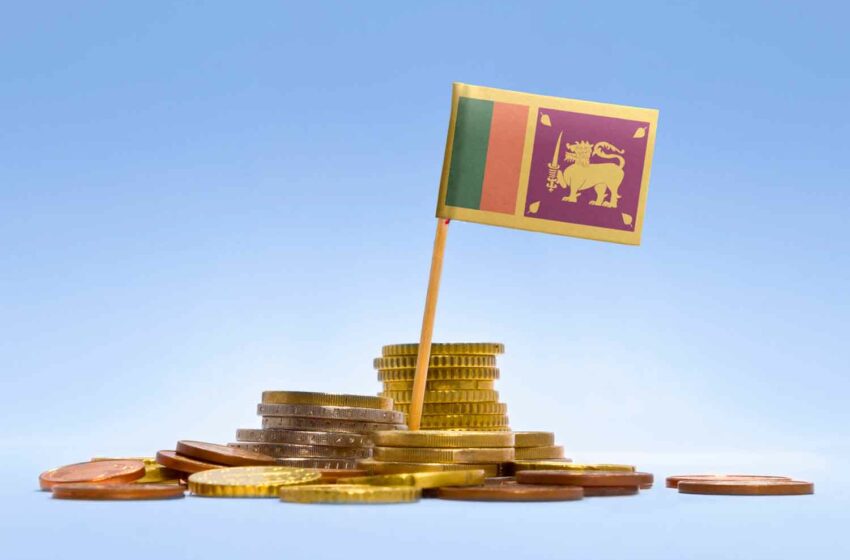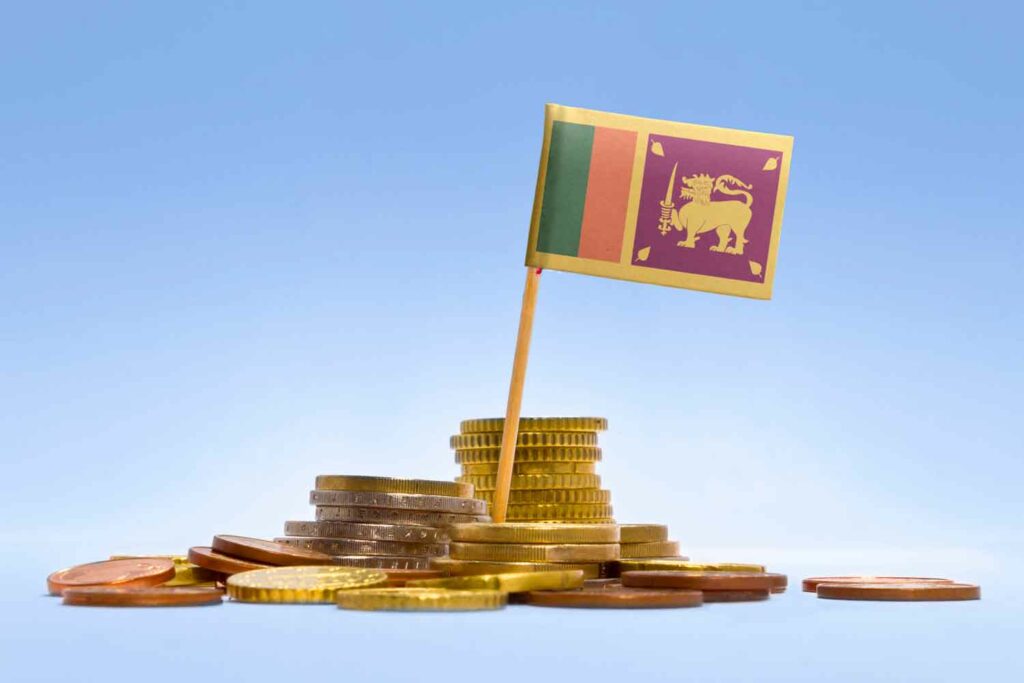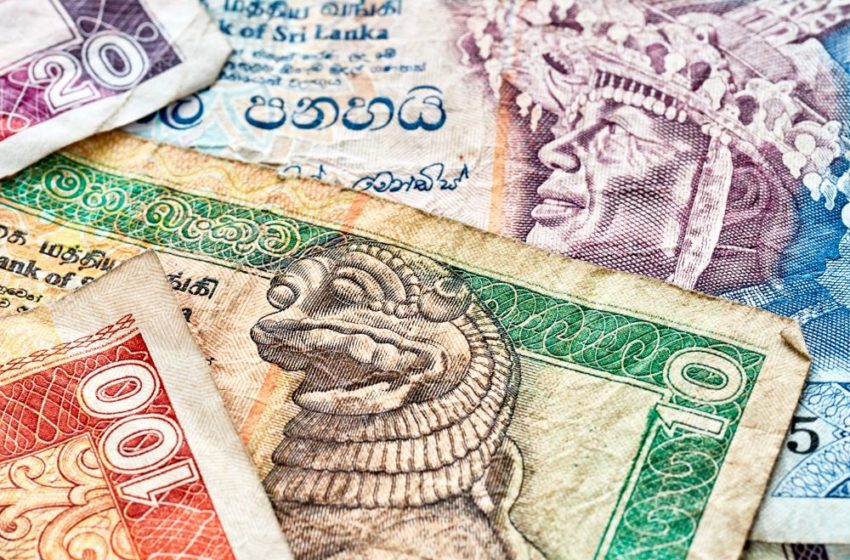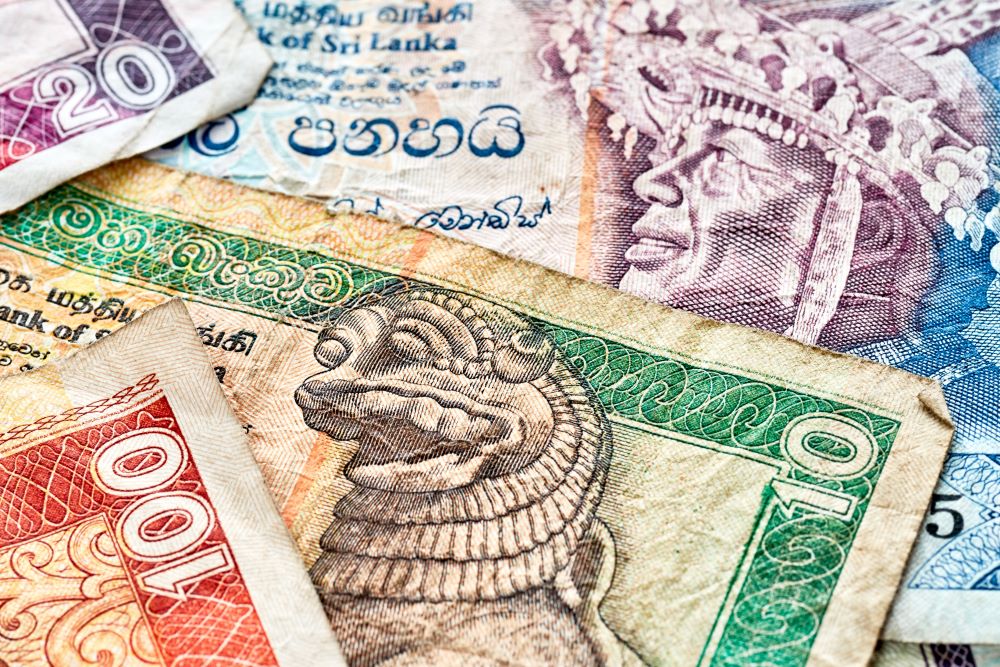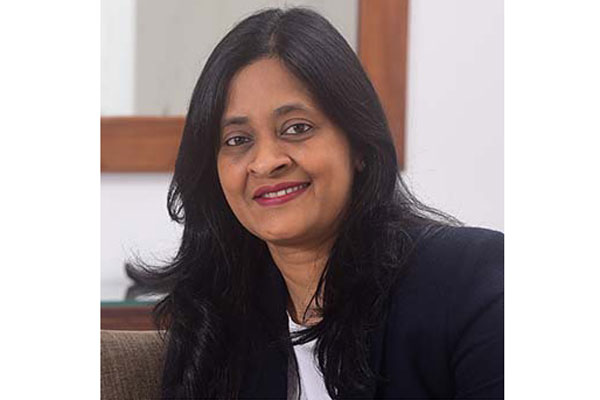
BAT subsidiary Ceylon Tobacco Co. has appointed Samanmalee Chandrasiri as a non-executive director to its board, reports EconomyNext.
A globally experienced professional with nearly two decades of expertise in human resources, Chandrasiri started her career in 2006 with HR business partnering roles at BAT Sri Lanka.
As BAT South Asia area head of talent, she managed talent strategies across Pakistan, Bangladesh, and Sri Lanka. This led to her position as organization effectiveness advisor in BAT Indonesia.
She served as HR director for BAT Sri Lanka and for Malaysia and Singapore.
She assumed duties as group head of organization effectiveness and talent management in July 2019, operating from London.
Chandrasiri served as group head of HR for global marketing, scientific research and development before taking the role of group head of talent, organization effectiveness and inclusion (London), where she led the global center of expertise on talent, organization effectiveness, diversity and inclusion
In October 2024, she stepped into her current role as group head of HR and inclusion—global operations and R&D.


